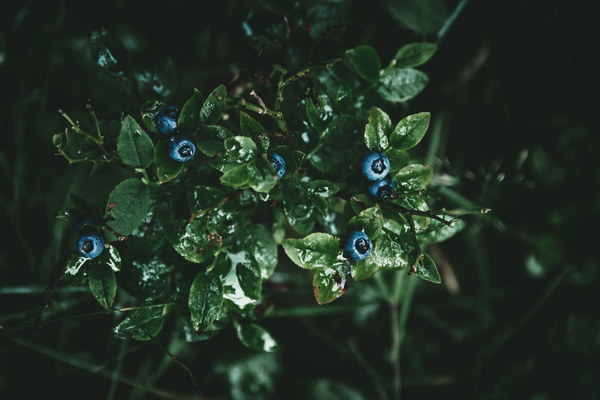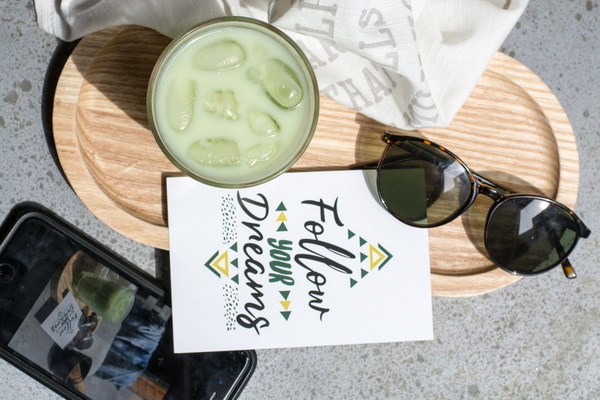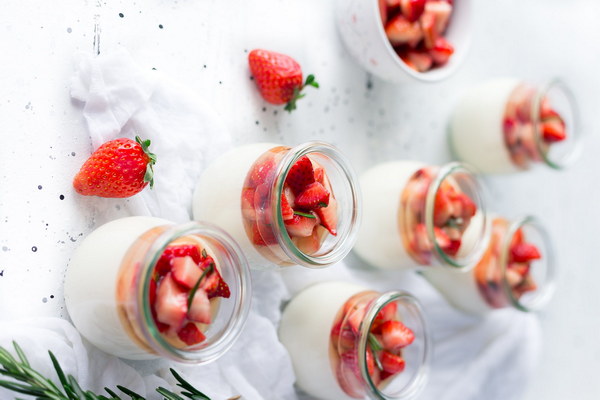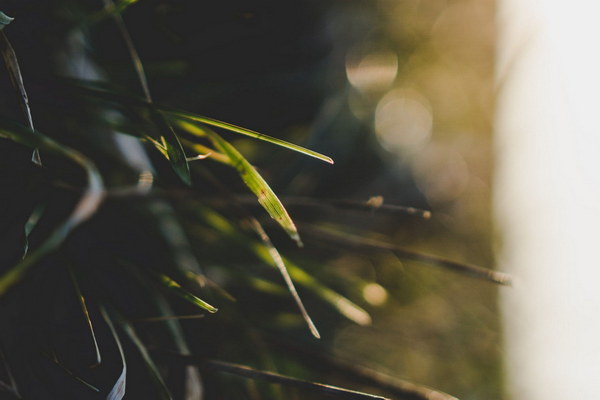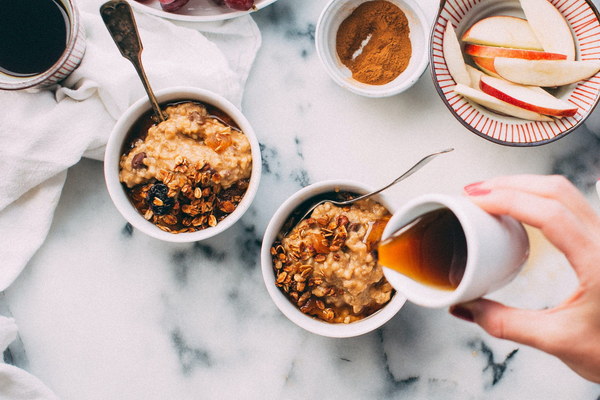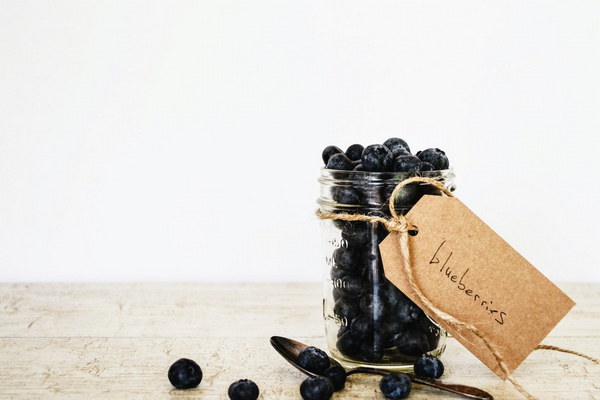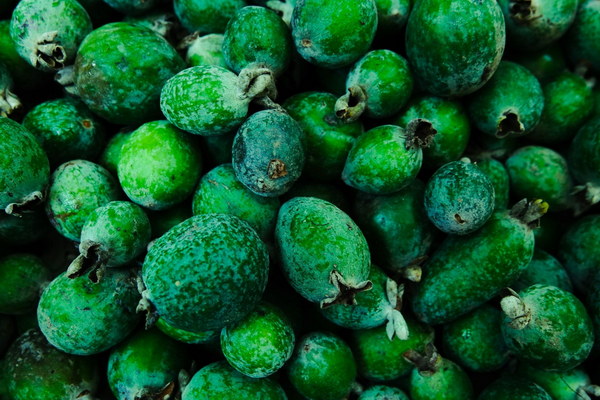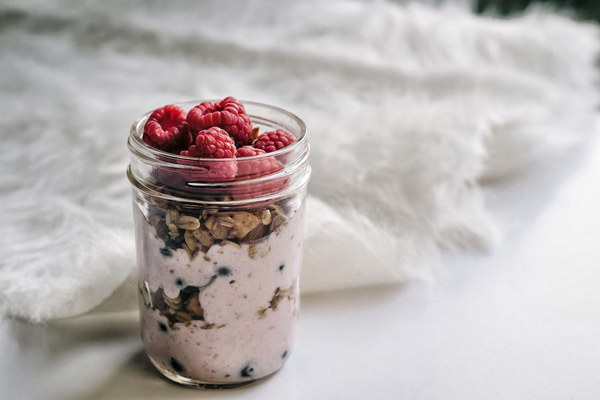Natural Blood Tonics for Feral Cats What They Eat to Boost Their Vitality
In the wild, domestic cats rely on a diet that supports their survival and overall health. One critical aspect of a cat's well-being is maintaining good blood health, which is essential for energy, immune function, and overall vitality. This article explores the natural blood tonics that feral cats consume to enhance their health and what we can learn from their diet.
Cats are obligate carnivores, meaning they require a diet rich in animal protein to thrive. In the wild, feral cats hunt small mammals, birds, and reptiles, which provide them with a variety of nutrients necessary for maintaining their blood health. Here are some of the key components found in a feral cat's diet that contribute to their robust blood and overall vitality:
1. Animal Protein: The primary source of protein for feral cats is their prey, which includes mammals like rodents and birds. Animal protein is essential for the synthesis of hemoglobin, the oxygen-carrying pigment in red blood cells. A diet high in animal protein ensures that feral cats have a sufficient supply of hemoglobin, which is crucial for transporting oxygen throughout the body.
2. Taurine: An essential amino acid found in high concentrations in animal tissue, taurine plays a vital role in heart health and the maintenance of healthy blood cells. Feral cats obtain taurine from their prey, which helps prevent heart disease and anemia in these felines.
3. Vitamin A: A fat-soluble vitamin, vitamin A is essential for the production of red blood cells and the maintenance of the immune system. Feral cats get vitamin A from the livers of their prey, which are rich in this nutrient. This vitamin also supports the health of their skin and mucous membranes, which are crucial for protecting the body from pathogens.
4. Vitamin C: Although cats can produce vitamin C internally, a diet rich in vitamin C can provide additional benefits. This antioxidant vitamin supports the immune system and helps prevent oxidative stress, which can damage red blood cells. Feral cats obtain vitamin C from the tissues of their prey, ensuring a constant supply of this essential nutrient.
5. Iron: An essential mineral for the production of hemoglobin, iron is crucial for maintaining healthy red blood cells. Feral cats get iron from their prey, which includes meat and organs that are rich in this mineral. Iron deficiency can lead to anemia, a condition that can cause weakness, fatigue, and a decreased immune response.
6. Copper: Another essential mineral for red blood cell production, copper works in conjunction with iron to form hemoglobin. Feral cats obtain copper from their prey, which ensures a balanced intake of these minerals and supports optimal red blood cell production.
7. Essential Fatty Acids: Omega-3 and omega-6 fatty acids are important for maintaining the integrity of cell membranes and reducing inflammation. Feral cats get these essential fatty acids from the fat content of their prey, which also provides energy and supports the immune system.
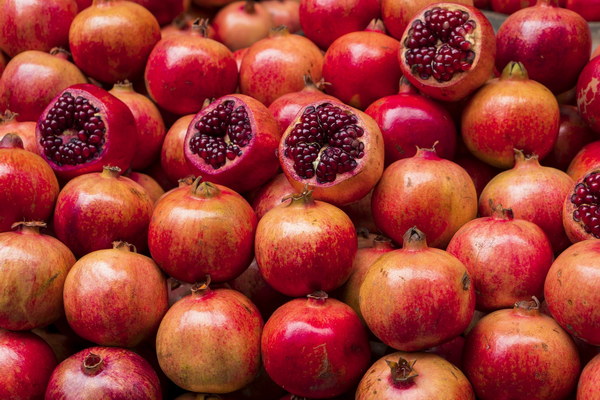
In conclusion, feral cats maintain their blood health by consuming a diet rich in animal protein, essential amino acids, vitamins, minerals, and healthy fats. This natural approach to nutrition highlights the importance of a balanced, prey-based diet for cats and offers valuable insights into how we can support the health of our domestic feline companions.
By understanding the dietary needs of feral cats, we can better tailor our pets' diets to meet their unique nutritional requirements. Feeding a high-quality, balanced diet that includes animal protein, essential amino acids, vitamins, minerals, and healthy fats can help ensure that our cats enjoy optimal health, vitality, and longevity.
